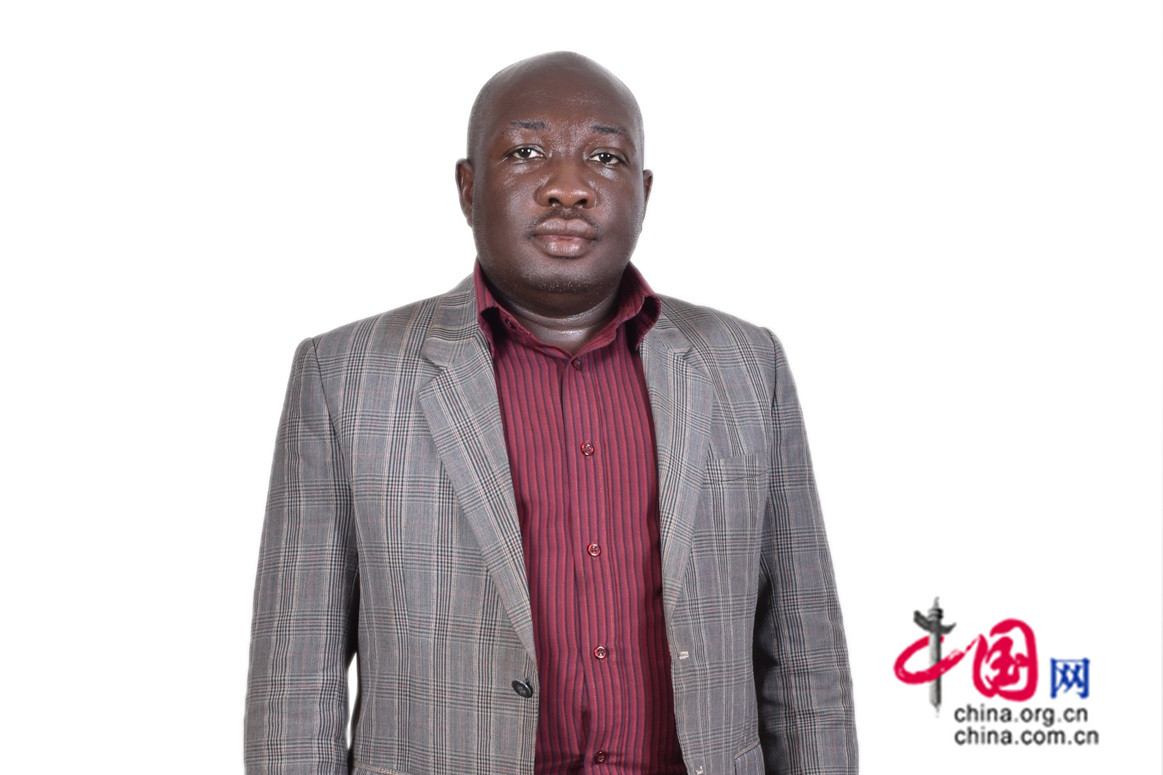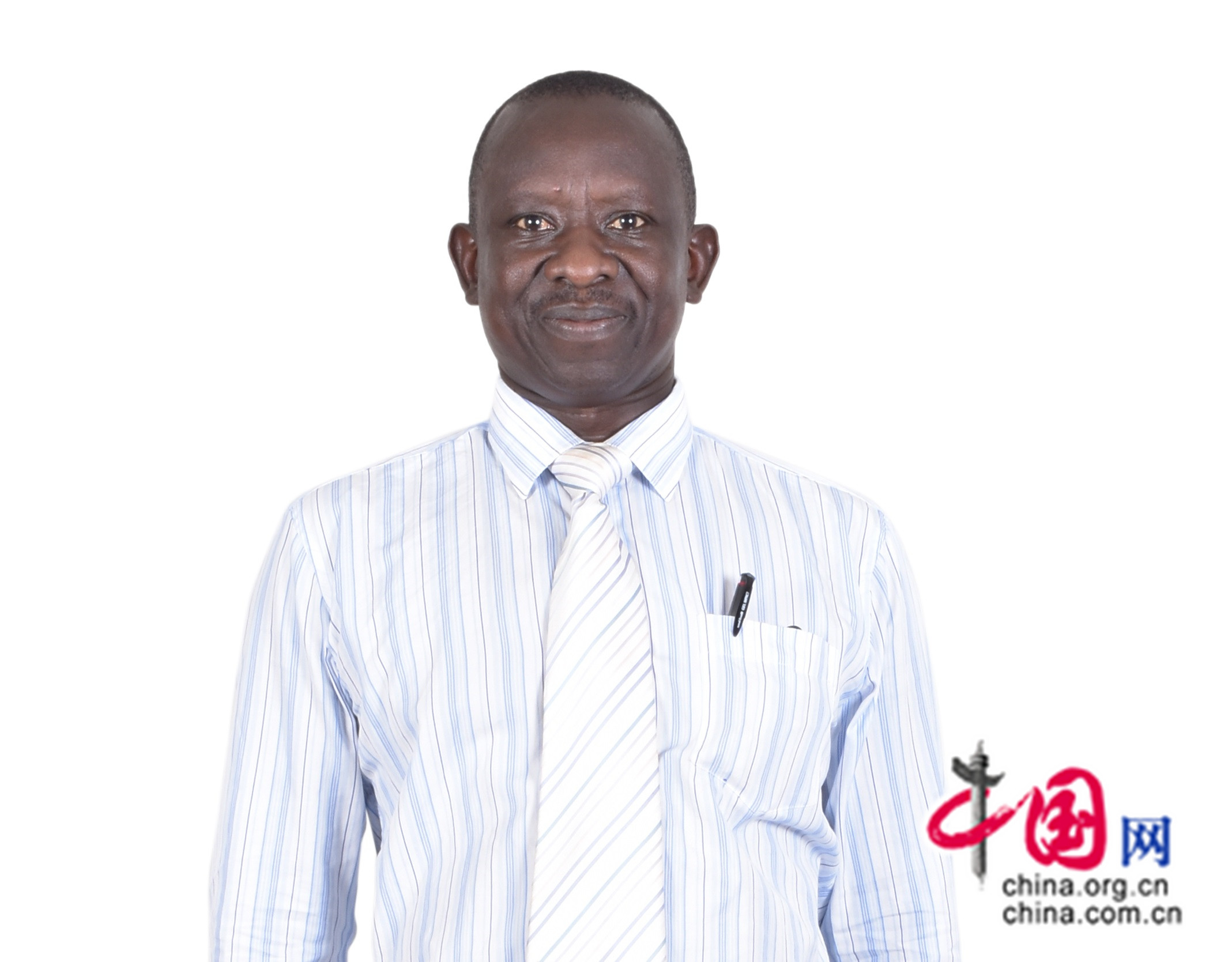Policy lessons from China's success in poverty reduction and how they can benefit global anti-poverty governance in the agricultural sector - case of Uganda
China.org.cn/Chinagate.cn by Fredrick Mwesigye, Francis Ronald Opapan, Vicky Ruth Malongo,October 02, 2019 Adjust font size:
Government’s Macro Regulation
Another obvious, though nonetheless important, lesson that is well illustrated by China’s experience is the need for governments to avoid doing harm to poor people. State capacity must be used to implement good policies, and to avoid or drop bad ones. One way is to reduce the explicit and implicit taxes they face. In China’s case, the government operated for many years an extensive food-grain procurement system that effectively taxed farmers by setting quotas and fixing procurement prices below market levels to assure cheap food for far less poor urban consumers. This gave the government a powerful anti-poverty lever in the short-term, by raising the procurement price as happened in the mid-1990s, helping to bring both poverty and inequality down.
Another robust lesson concerns macroeconomic stabilization policy.China’s experience suggests that avoiding inf lationary shocks has been good for poverty reduction because higher inflation meant higher poverty.Martin Ravallion and Shaohua Chen show that the adverse effect of inflation on poverty measures for China is robust to adding controls for mean income,relative procurement prices for food-grains and government spending.
There are some tentative signs of progress in Uganda in most of these areas,though there is still much to be done. However, the key lesson for Uganda and Sub-Saharan Africa in general is that to replicate China’s success against poverty in the longer term a much high priority must be given to agriculture and rural development in the near term. Poor, primarily rural, economies cannot reasonably hope to by-pass the key steps in promoting agricultural and rural development that China took from the early stages of its reform process.That is an important message for much of Africa today. Another likely precondition for long-term progress in Africa is more effective state institutions.As this paper has emphasized, China’s experience points to the importance of combining pragmatic, evidence-based, policy making with capable public institutions and a strong leadership that is committed to poverty reduction. Public administrative and decision-making processes are also crucial to assure that the state is an effective tool for fighting poverty. Without these conditions, and the right policies, it is difficult to see how any country can make the significant changes that are needed to get out of an equilibrium in which large numbers of poor and powerless people suffer under policies that perpetuate their poverty.

Fredrick Mwesigye,Procurement Officer at the Ministry of Internal Affairs, Uganda

Francis Ronald Opapan,Auditor at the Ministry of Internal Affairs, Uganda

Vicky Ruth Malongo economist at Ministry of Finance, Planning and Economic Development, Uganda
Fredrick Mwesigye is Procurement Officer at the Ministry of Internal Affairs, Uganda
Francis Ronald Opapan is Auditor at the Ministry of Internal Affairs, Uganda
Vicky Ruth Malongo is an economist at Ministry of Finance, Planning and Economic Development, Uganda
Opinion articles reflect the views of their authors only, not necessarily those of China.org.cn/Chinagate.cn.
